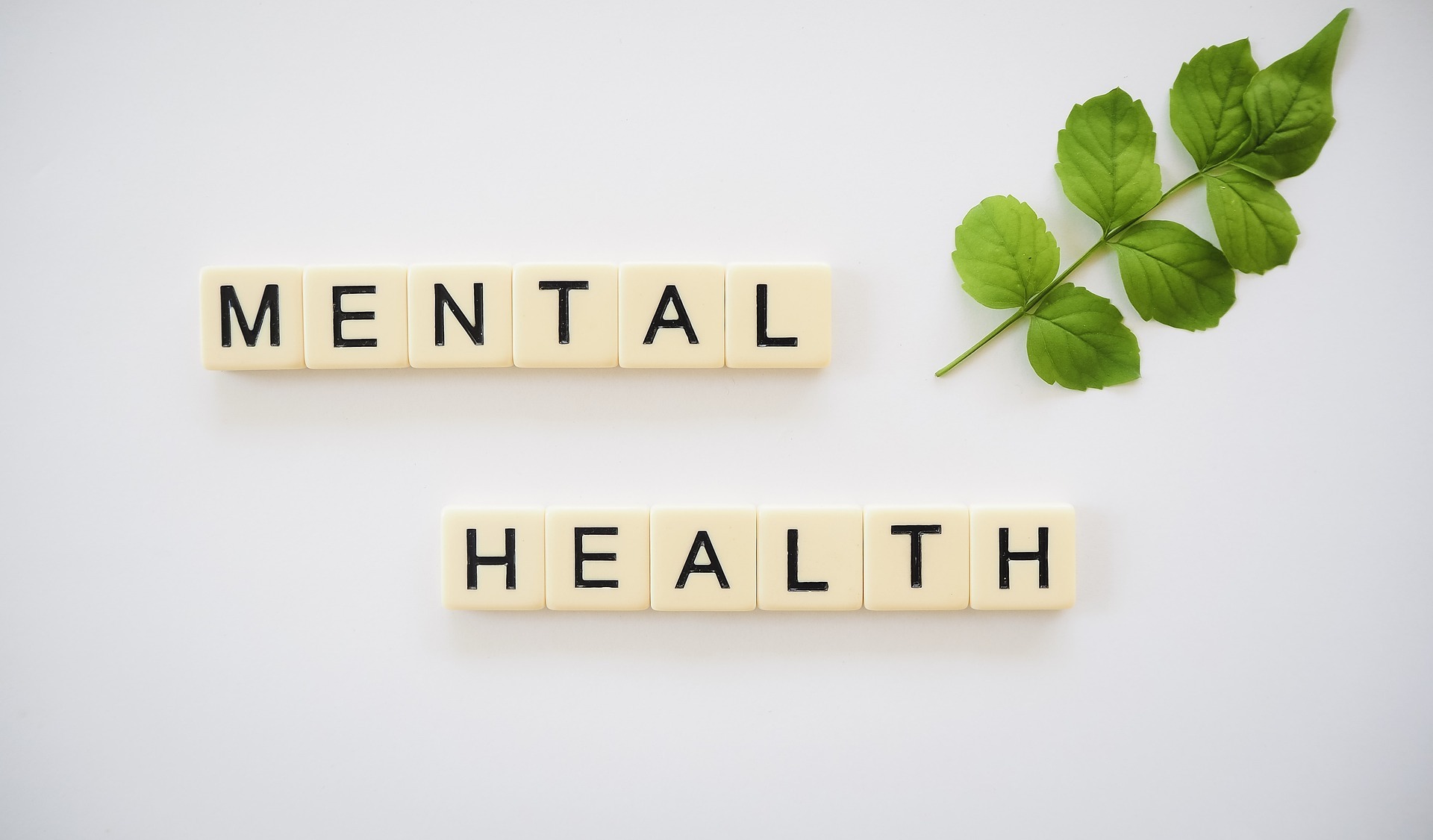As expectant and new mothers navigate the life-changing journey of pregnancy and childbirth, it is crucial to acknowledge the significance of mental health during this transformative period. Perinatal mental health encompasses the psychological well-being of women both during pregnancy and after giving birth. By understanding the various aspects of perinatal mental health, we can better support women and families during this critical time.

The Various Forms of Perinatal Depression
Perinatal depression is a mood disorder that can manifest in several different ways. Two primary forms of perinatal depression include prenatal depression, which occurs during pregnancy, and postpartum depression, which emerges after childbirth. Both of these conditions can present with symptoms that vary in severity.
Prenatal Depression: When Pregnancy Becomes Overwhelming
Expectant mothers may experience prenatal depression, which can manifest as feelings of sadness, anxiety, and fatigue. These symptoms can hinder a woman’s ability to function in her daily life, impacting both her well-being and her ability to care for her unborn child. Prenatal depression should not be ignored, as it can have significant consequences for both the mother and her baby.
Postpartum Depression: Beyond the “Baby Blues”
Many women experience mild mood changes after giving birth, often referred to as the “baby blues.” These feelings typically subside within the first two weeks postpartum. However, some mothers face more severe and persistent mood disturbances that extend beyond the initial two-week period. This more severe form of mood disorder is known as postpartum depression and may necessitate treatment to alleviate symptoms and support the mother’s well-being.
Causes and Risk Factors for Perinatal Depression
Perinatal depression has been linked to both hereditary and environmental variables. Predisposing factors for these mood disorders in women include life stress, the physical and mental demands of pregnancy and caring for a new infant, and hormonal changes. There may be an increased risk of prenatal depression among women who have a personal or family history of depression or bipolar illness.
Postpartum Psychosis: A Rare but Serious Condition
In rare cases, new mothers can experience a severe mental illness known as postpartum psychosis. This condition is characterized by symptoms such as delusions, hallucinations, and extreme mood swings. Postpartum psychosis is a medical emergency that requires immediate attention and intervention, as it poses a significant risk to both the mother and her child.
Treating Perinatal Depression: Options and Considerations
When addressing perinatal depression, healthcare providers often recommend a combination of therapeutic interventions and medication. The specific course of treatment depends on the severity of the mother’s symptoms and her individual needs.
Therapy: A Supportive and Healing Environment
Therapeutic interventions, such as individual counseling or group therapy, can provide a nurturing environment for women to explore their feelings and develop coping strategies. Cognitive-behavioral therapy, interpersonal therapy, and other evidence-based approaches have shown promise in alleviating perinatal depression symptoms.
Medication: Antidepressants and Close Monitoring
Antidepressant medications are frequently prescribed to treat perinatal depression. Healthcare providers must carefully monitor the use of these medications, as they can have side effects and may not be suitable for all women, particularly during pregnancy. For example, if a woman is on UTI medications, the physician may suggest an alternative antidepressant that poses a lower risk to her unborn child. It is essential to consult with a healthcare professional before beginning or altering any medication regimen.
The Role of Family and Friends: Providing Support and Encouragement
Loved ones can play a crucial role in helping a mother experiencing perinatal depression by offering emotional support, assistance with daily tasks, and encouragement to seek professional help. By creating a safe and supportive environment, family members and friends can make a significant difference in the mother’s journey toward healing and well-being.
Emotional Support: Listening and Validating Feelings
One of the most valuable ways to support a mother experiencing perinatal depression is by providing a listening ear and validating her feelings. Let her know that her emotions are understandable and that she is not alone in her struggle. Offer a safe space for her to express her thoughts and concerns without judgment.
Practical Assistance: Sharing the Load
Offering help with daily tasks can alleviate some of the stress and pressure that new mothers face. This support can take many forms, such as preparing meals, assisting with childcare, or helping with household chores. By providing practical assistance, you can help the mother focus on her well-being and recovery.
Encouraging Professional Help: Guiding Towards Treatment
Sometimes, a mother may be hesitant to seek professional help for her mental health concerns. Encourage her to discuss her feelings with a healthcare provider who can provide guidance and appropriate treatment options. Emphasize the importance of addressing her mental health needs and assure her that seeking help is a sign of strength, not weakness.
Resources for Locating Mental Health Treatment Facilities and Programs
There are many resources available to help individuals locate mental health treatment facilities and programs. One such resource is the Substance Abuse and Mental Health Services Administration (SAMHSA), which offers an online directory for finding mental health treatment options in your state. By utilizing these resources, women and families can access the support they need to address perinatal mental health concerns.
Conclusion: Prioritizing Perinatal Mental Health
Pregnancy and the postpartum period are times of immense change and growth for women and their families. By recognizing the importance of perinatal mental health, we can better support mothers in navigating these critical stages of life. It is essential to be aware of the various forms of perinatal depression, their causes and risk factors, and the available treatment options. By offering support and encouragement to women experiencing perinatal mental health challenges, we can help promote healing and well-being for both mothers and their children. Together, we can create a more compassionate and informed society where mental health is prioritized during pregnancy and the postpartum period.
Hey welcome to my blog . I am a modern women who love to share any tips on lifestyle, health, travel. Hope you join me in this journey!

Speak Your Mind